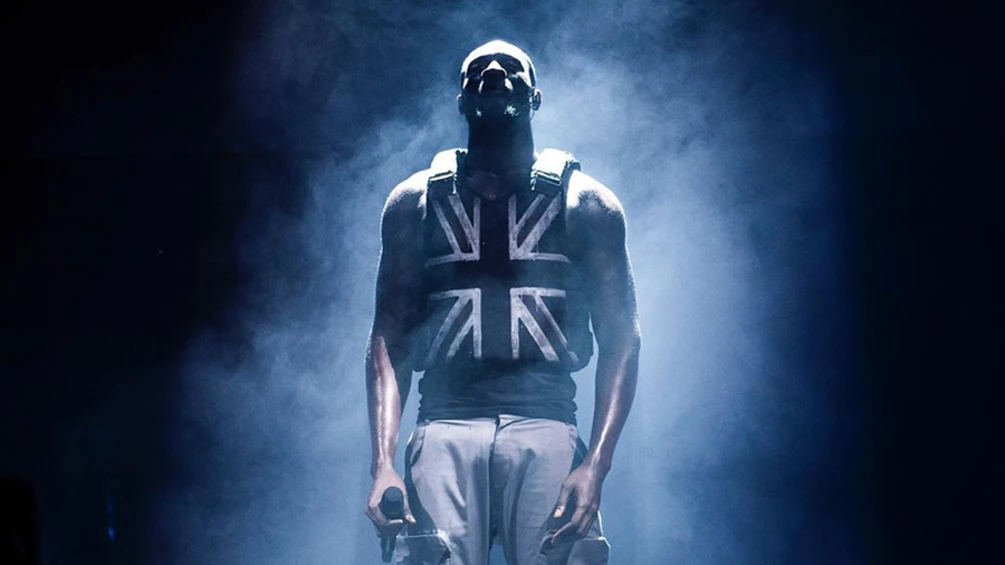
Ahead of the release of What Do You Call It?, DJ Mag asked author David Kane some questions about the book:
What was it that lit the fuse to make you want to write this book? What was the process like?
“I love all sorts of music but grew up on a diet of hip-hop, grime and garage. And the catalyst for writing the book came after Stormzy headlined Glastonbury in 2019. Stormzy used the set to “'hank the legends who paved the way', name-checking the likes of Dizzee, Wiley, and Giggs, understandably. But it occurred to me that he missed a few important names off the list. Obviously, there’s only so much time to thank other artists during a headline show in front of 250,000 people and millions watching at home.
“Still, I think it also spoke to a slight misconception that rap culture in the UK started with grime music, which, as important as it is, goes much further back. From the UK hip-hop of acts like London Posse, Hijack, Roots Manuva, Skinnyman, Cookie Crew, etc. and Britcore – almost a niche within a niche – in the late '80s, people like The Criminal Minds, Blade, to even what Tricky was doing in Bristol. I wanted to highlight some lesser-known stories and how they relate to the bigger picture for UK rap music.
“The process? Wow. In a word, ‘hard’. I’ve edited several music and culture magazines, which was a helpful reference point, but writing a book is a different ball game. It’s a solo venture that requires much rigour, patience, and probably stubborn foolishness to keep going. Sometimes, you find the stories, and sometimes, they find you.”
Why do you feel like now is the right time to tell this story, and what do you hope readers take from it?
“Now is the right time to tell this story because, despite all the heartbreak and resistance faced, UK rap music has emerged from the cracks of culture to take over the world. It’s also a story about what it means to be seen and to belong in this country. Because the book looks at the UK rap scene holistically, that comes across in a variety of ways through the interviews – whether that’s a hip-hop obsessed Jehst, growing up in Huddersfield tagging castle rock, or Shystie who was this hotly tipped female grime MC that fell victim to all sorts of nasty sexism and racism by the industry, through to Skengdo x AM more recently, who made UK legal history by receiving a suspended sentence for performing a song.
"I hope readers can take inspiration and, strangely, a sense of national pride from these stories of resilience and imagination."
The socio-economic and political contexts in which UK rap has evolved over the past few decades have been of consistent significance. Can you tell us briefly how the book looks at these topics?
“I think it’s a testament to the growing importance of UK rap over the last twenty years in particular that it went from being shaped by political contexts – for example, grime and New Labour's Urban Renaissance strategy – to informing them, as seen in #Grime4Corbyn and it’s use in Joint Enterprise cases, even if the scene necessarily welcomes neither of these. What Do You Call It? uses these examples and more to make sense of the music and its direction of travel as communities.”
Can you also elaborate a little further on how the book explores the significance of sound system culture and, later, rave culture on the development of rap in the UK?
“I grew up tangentially around sound system culture because of my uncle's record shop, Daddy Kool Records, on Berwick St. My dad designed some of the label release sleeves.
“Whereas in America, jazz music and the funk of James Brown and Sly Stone were extremely influential on hip-hop, in Britain, reggae and punk were highly popular and inspiring genres for young people in the 1970s and 1980s, particularly in Black and working-class communities, so it’s no wonder these two genres were so formative to UK rap music.
The early part of What Do You Call It? explores that analogy through Saxon International and Mastermind Roadshow, often cited as one of the forebears of electro-hip-hop, but most significantly through the Soul II Soul sound system, which was very fluid with its music policy and had 'a sound that connected people'. This had a lot of synergy with the nascent hip-hop scene in London at the time. I was fortunate to have time with Jazzie B, an expert yard spinner.
“Rave was the rocket booster for rap in the UK, causing it to splinter off into all sorts of exciting places.”
